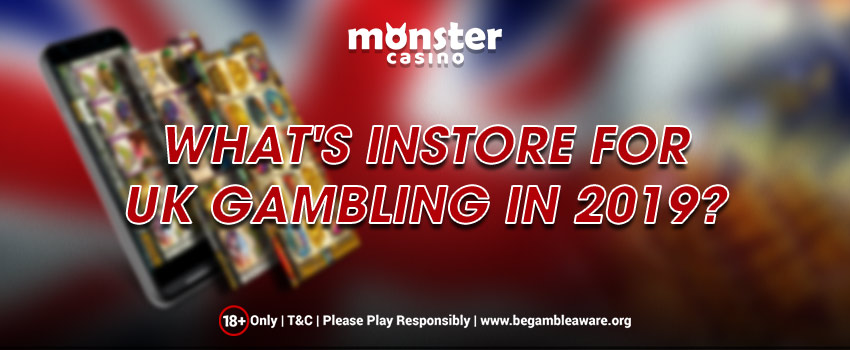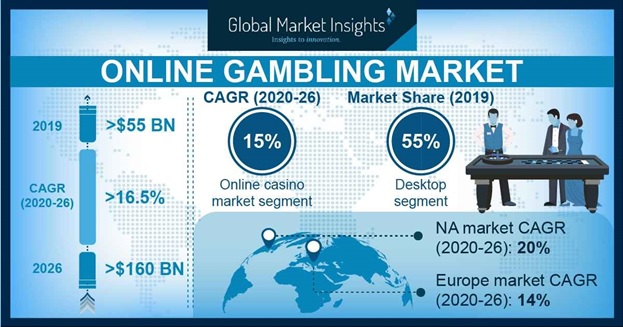Gambling Tax Uk 2019
According to news circulating around the web, the UK is planning a 21% increase for gambling tax rates, potentially severing any new additions to its gambling industry and making all of the veterans fight for their lives. The new higher 21% tax that will come in in 2019 is a little different. It hasn’t been brought in to create an equal market, rather it is an attempt to further regulate the online gaming industry in the UK. Gambling is a massive market in the UK, generating in excess of £15 billion each year, with over £5 billion form online sources.
British punters will be ‘driven away to the black market’ if certain restrictions proposed by the Gambling Commission are implemented. That is the stark warning from Brigid Simmonds, Chair of the country’s Betting & Gaming Council, the single association that represents betting shops, online gaming businesses and casinos.
The Gambling Commission is carrying out a consultation that has raised the possibility that overall monthly online gambling losses might be capped at £100 unless customers could prove they could afford to lose more. The findings are likely to influence the Gambling Act Review, which last week started a 16-week call-for-evidence period.

Talking on Racing TV’s Luck on Sunday show, Simmonds said that requests for certain personal information to prove you have the means to bet is not the right approach.

“This issue of affordability is really important,” she said. “If people are asked to provide tax returns, as somebody suggested, people will start walking away. I mean, I wouldn't share my tax return with anybody. We will be driving people to a black market. PWC [PricewaterhouseCoopers] reported that 200,000 UK gamblers took part in black market activities in 2019. They have made it too tight. The Gambling Commission has asked for more resources to deal with the black market, but that is difficult to do in the internet age.
“We will be doing what they’ve done in Sweden, where the numbers are up to about 40 percent of people [who do or would consider betting on unlicensed products], because they’ve been too tight [on restrictions].”
Simmonds has urged the racing industry to work closely with her members. Otherwise, she warned, racing’s revenues would be impacted.
“We need the horseracing industry to step up and be supportive because that £350 million a year that is currently going into racing via the betting industry is going to reduce if there are more restrictions,” she said.

“We have to make sure we’re not intervening in the wrong way when 30 million people in this country part place in gambling activities on a regular basis without any problem at all.
“There is a holistic way of approaching this, which would be better than simply saying, ‘If you don’t produce all of this information, you’re not going to gamble at all.’

Finding a balance
“As an industry, we have to make sure that we are not preying on vulnerable people. During lockdown, we have increased the number of safer gambling messages by 150 percent – and without doubt there is more intervention we can do. But it doesn’t have to be all about ‘You have to produce your bank statements’.
“There are lots of things individual operators are doing that could be done across the board, but we need to a find a balance between not driving people to the black market but also encouraging people to be responsible and have a better understanding about risk.
“We need the racing industry to support the betting and gaming industry and if they’ve got concerns to please bring them forward. We need to work in partnership to make sure that the product is safe and that safer gambling is at the heart of all our sponsorship agreements as it absolutely should be.”
Simmonds insisted that betting companies had placed safer, responsible gambling at the top of their priority lists, and were doing their best to spread this message.
“I’m sure when we do this review, there will be more restrictions put in place. And we need to do more. We have had to admit we’ve not been best in class in the past,” she admitted. “I took five CEOs from betting companies to House of Lords Gambling Committee, and they were absolutely clear that safer gambling would be at the heart of everything they do, and that comes from boardroom downwards.”
She went on to say that it was essential everyone was armed with the facts when contributing to the discussions and call for evidence.
“We’re keen for this to be balanced, proportionate, but above all, evidence-led,” she said. “We need to be very careful not to have misinformation. I was listening to another channel where they said ‘Of course there has been a huge increase in advertising which has led to a huge increase in problem gambling’ but there is no evidence that is the case.

Gambling Tax Uk 2019 Date
“Problem gambling has been at around 0.5 percent for the last 20 years and, in advertising, the whistle-to-whistle ban [on televised football matches], that we introduced, reduced the exposure to young people on television by about 97 percent.”



